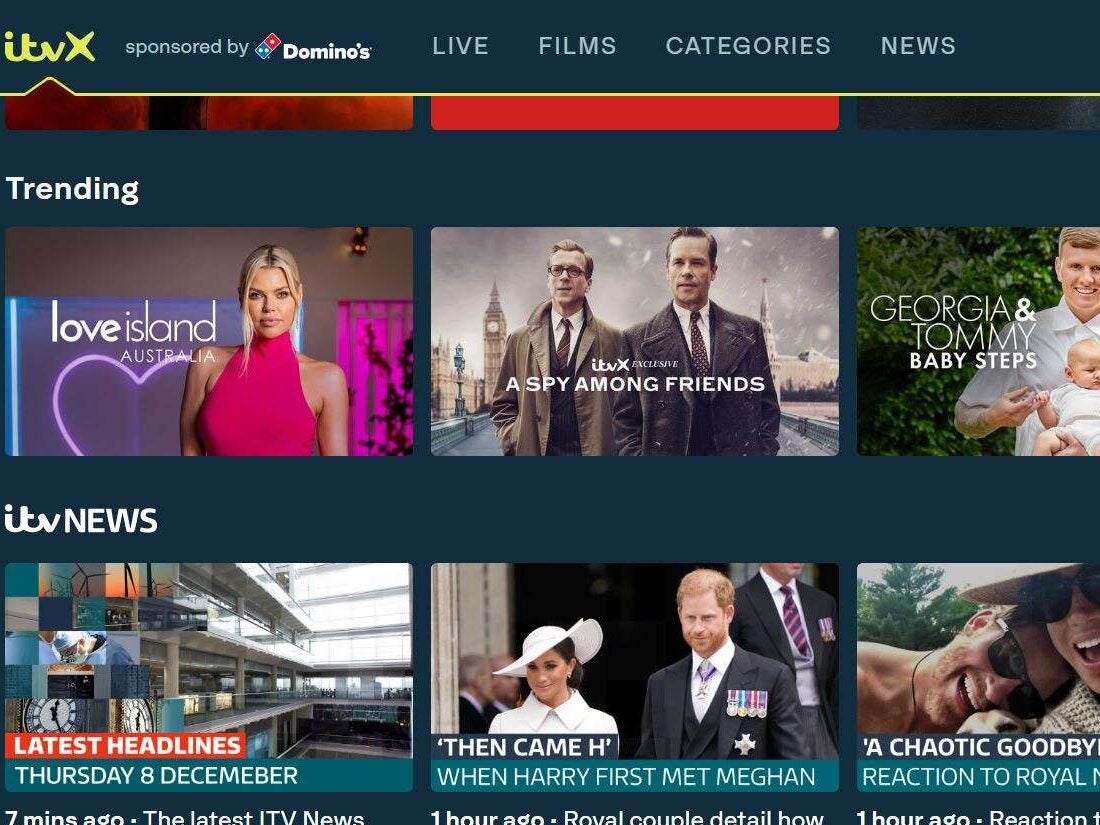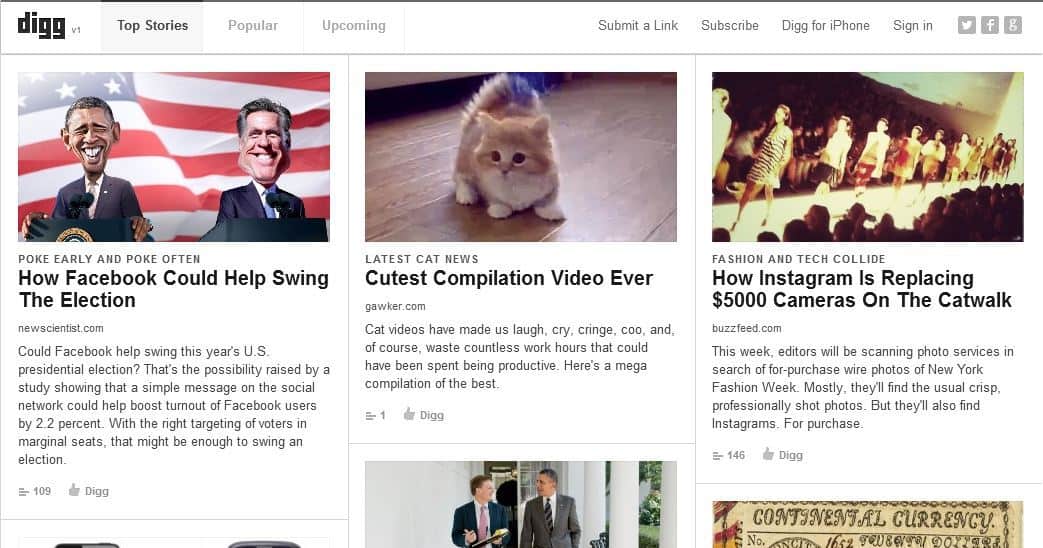What Does News Websites Mean?
What Does News Websites Mean?
Blog Article
Little Known Facts About News Websites.
Table of ContentsRumored Buzz on News WebsitesSome Known Facts About News Websites.Some Known Facts About News Websites.News Websites Fundamentals ExplainedSome Known Facts About News Websites.
It was down in the UK and Brazil but up a few other countries, such as Greece, Bulgaria, and Poland (News Websites). This year, for the very first time, we asked regarding the different manner ins which individuals prevent the information and discovered that around half of avoiders (53%) were attempting to do so in a broad-brush or regular method for instance, by shutting off the radio when the information began, or by scrolling past the news in social media sitese.g. scrolling previous information, transforming networks when information begins. of avoiders inspect sources less commonly. e.g. limitation to specific times of day, switching off notices, etc. of avoiders prevent some topics. e.g. topics that lower state of mind or boost stress and anxiety. You stated that you try to actively avoid information.

I'm most likely choosing to check out even more light-hearted tales than I used to presently. M, 51, UK Switching my back on news is the only means I feel I can cope occasionally. I have to knowingly make the effort to transform away for the benefit of my own mental health and wellness.
An Unbiased View of News Websites
Selective avoidance of Ukraine information was highest in a number of the nations closest to the problem, strengthening findings from our added survey in 2014, quickly after the battle had actually begun. Our information might not suggest a lack of rate of interest in Ukraine from neighboring countries but instead a need to handle time or protect psychological health and wellness from the extremely real scaries of war.
Comparing Finland with a politically polarised nation such as the United States (see following chart) that is less influenced by the war, we find a really different pattern of topic avoidance. In the United States, we locate that consumers are most likely to prevent subjects such as nationwide politics and social justice, where disputes over issues such as sex, sexuality, and race have actually ended up being very politicised.
American politics are rather harmful these days. I discover occasionally that I need to disconnect from tales that simply make me angry. F, 61, United States For some people, bitter and disruptive political discussions are a reason to switch off information altogether, but also for some political partisans, avoidance is usually concerning blocking out viewpoints you don't wish to hear.

The Only Guide to News Websites
Some are seeking to make information more obtainable for hard-to-reach teams, widening the information agenda, appointing even more inspiring or positive information, or embracing constructive or services journalism that give individuals a feeling of hope or personal company. In our study this year, we asked respondents about their rate of interest in these different strategies.
This discusses why stories like Ukraine or national politics do well with news regulars however can at the exact same time turn less interested customers away (News Websites). Careful avoiders are less interested in all types of information than non-avoiders however in family member terms they do appear to be much more thinking about positive or solutions-based information

The Best Strategy To Use For News Websites
2023). This may be real in the moment, yet in time it appears to be leaving lots of people empty and much less pleased, which might be weakening our link with and count on the information. Across markets, total depend on in news (40%) and rely on the sources individuals use themselves (46%) are down by a better 2 portion points this year.
Certainly, via the rear-view mirror, the COVID-19 depend on bump is clearly noticeable get redirected here in the following graph, though the instructions of travel afterwards has actually been blended. Sometimes (e.g. Finland), this the count on rise has actually been preserved, while in others the upturn looks even more like a spot in a tale of continued long-term decline.
Some of the highest possible reported degrees of media objection are discovered in countries with highest degree of distrust, such as Greece, the Philippines, the United States, France, and the UK. The cheapest levels of media objection are often in those with greater levels of count on, such as Finland, Norway, Denmark, and Japan.
A Biased View of News Websites
This year we asked respondents regarding their preferences for message, audio and video clip when taking in news online. Generally, we discover that the majority still favor to review the news (57%), as opposed to watch (30%) or listen to it (13%), yet younger individuals (under-35s) are more probable to pay attention (17%) than older groups.
Behind the standards we discover significant and unexpected nation distinctions. In markets with a strong reading practice, such as Finland and the UK, around eight in 10 still choose to read on-line news, yet in India and Thailand, around four in 10 (40%) state they favor to enjoy news online, and in the Philippines that percentage is over fifty percent (52%).
Report this page